News & Events in Belarus
Lukashenko urges to pay more attention to harvesting tactics
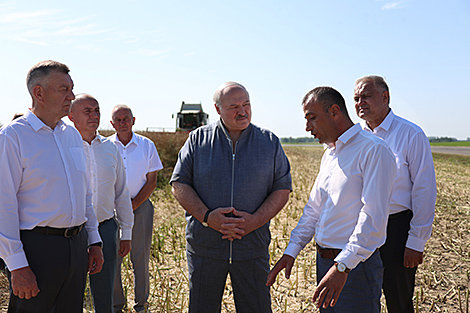
MINSK DISTRICT, 24 July (BelTA) – During his working trip to Minsk District on 24 July Belarusian President Aleksandr Lukashenko urged to pay more attention to harvesting tactics taking into account weather conditions, BelTA has learned.
“We need to look at tactics; it’s not a matter of strategy any more. Weather conditions are going to change dramatically,” the Belarusian leader noted.
Therefore, now it is necessary to figure out what to focus on in order to prevent or minimize crop losses.
Aleksandr Lukashenko remarked that the storms that swept through the country damaged many fields. These fallen crops need to be harvested, because if it rains again, they will be lost. On the other hand, one needs to act smartly. If farmers invest too much time and effort in harvesting damaged crops, they might not have enough time to harvest sound crops before another period of bad weather sets in.
The head of state told agricultural managers to take decisions fast taking into account these circumstances.
“Everything has ripened at the same time. And the harvesting of rapeseed has not yet been completed,” said Aleksandr Lukashenko discussing harvesting plans.
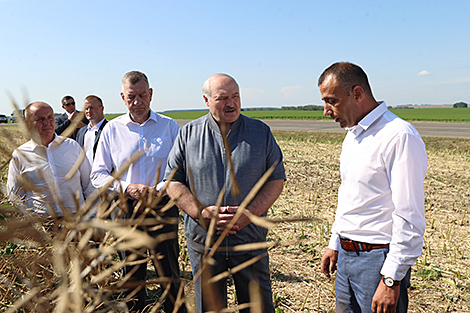
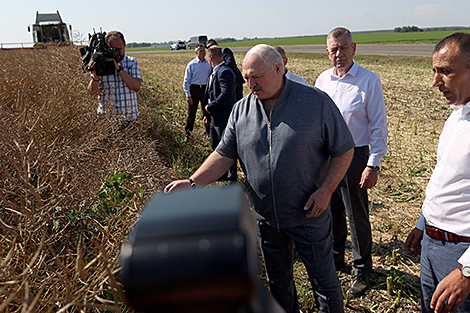
Upon arrival at the Voskhod farm near Minsk, the first thing Aleksandr Lukashenko did was to inspect a rapeseed field. The president liked what he saw. “I’ve never seen rapeseed like this before, to be honest,” he noted.
He asked experts how they managed to achieve this. They briefed the head of state on the general performance of the company.
Yet, certain things that Aleksandr Lukashenko saw from a helicopter while flying over Minsk District raised concern, especially the fields near industrial enterprises. “These fields are not plowed. There are 2-3-5 hectares of abandoned land in Zhdanovichi and other settlements. And this is near Minsk. It’s awful. I won’t say it’s a disaster, but it’s not the way the land in Minsk District should be handled. It’s just bad,” said the head of state.
After inspecting the rapeseed field, Aleksandr Lukashenko proceeded to the enterprise’s grain farm. It is noteworthy that the Belarusian leader immediately turned to ordinary workers, not managers or officials, to ask about the state of affairs at the company.
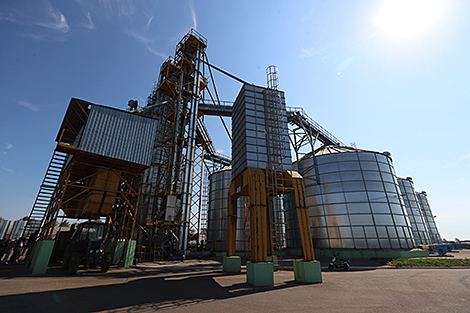
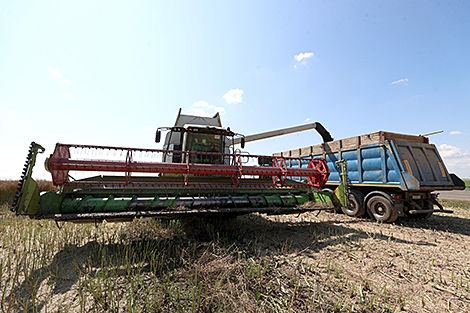
After that Aleksandr Lukashenko visited the enterprise’s livestock complex. The company’s performance in this line of business is also quite good, yet the conditions for keeping livestock and the level of management in general need to be better. As the head of state was informed, it is necessary to decide whether it makes sense to renovate this complex or it would be more feasible to build a new one. The caveat is that the complex is located within the boundaries of a settlement, which limits the options.
“You are doing quite well in your milk business, a great job. But we need to build a modern complex. We need to find a location for it somewhere,” said the head of state.
The general condition of the complex is below average. “It’s good that it fares better than similar facilities in terms of productivity and milk yield,” the head of state said acknowledging the positive side.
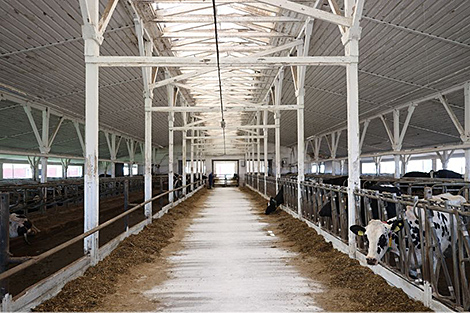
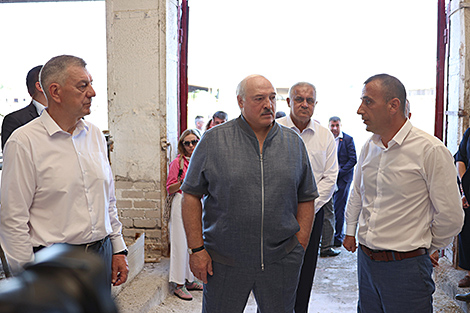
He gave an instruction to come up with a solution for this complex in Atolino. At the same time, Aleksandr Lukashenko warned against occupying agricultural land. “Occupying agricultural land is not a good idea,” he said.
“We need to make up our mind. Either rebuild and renovate, or build something new. There is a lot of chaos and confusion here. We just need to bring everything into shape,” the Belarusian leader emphasized.
“Every piece of land here must be utilized and perfect order must be in place by the autumn. We need to put this company to rights. We need to figure out what steps to take to achieve this,” Aleksandr Lukashenko said.
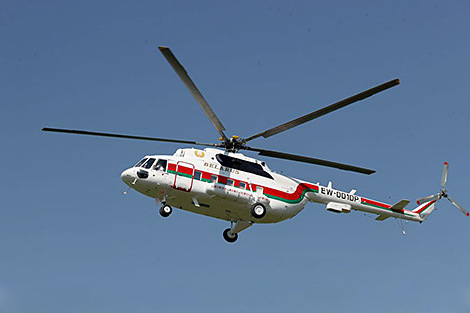
Before leaving, the head of state announced his plans to further study the situation from the air in Minsk District, Dzerzhinsk District and a number of other places. In general, this inspection was unscheduled and unplanned. Aleksandr Lukashenko decided on the spot what places and facilities he wanted to see. He is expected to keep doing surprise inspections in the future.







 print version
print version make home page
make home page add to bookmarks
add to bookmarks

